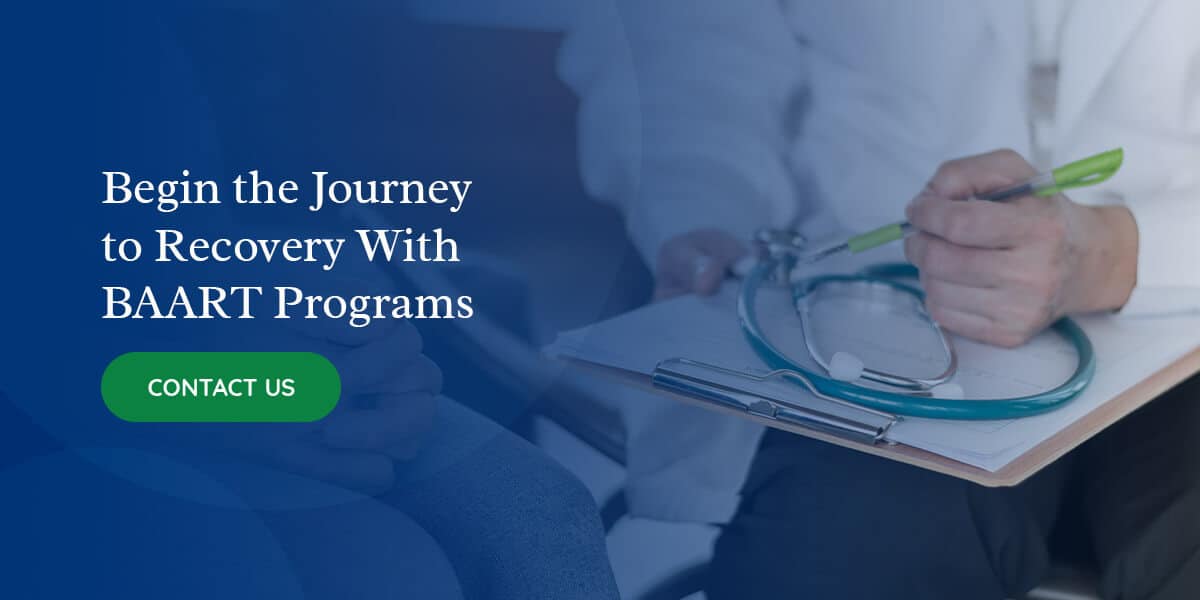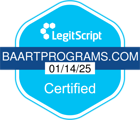Methadone is a safe, effective treatment for opioid addiction. It is most commonly used for opioid use disorder (OUD) because it acts as an agonist, or a chemical that provokes a response, to opioid receptors. Methadone binds to opioid receptors in the brain.
Because methadone works hard to block the nervous system’s response to drugs, it may require patients to temporarily adjust their normal eating and drinking habits. This is even more important if sugar and caffeine are significant parts of their diet. Such food and drinks should be avoided or swapped for tastier, healthier alternatives.
Caffeine and Methadone
Coffee and soda are staples in the American diet, but they can also contain extraordinary amounts of caffeine. Caffeine is a stimulant, meaning it raises your heart rate. It’s essential to steer clear of stimuli that may affect the heart’s rhythm while taking methadone, so it’s best to avoid caffeine during treatment.
Switching to the caffeine-free option of a favorite beverage may be an easy alternative for some, and it also helps reduce caffeine intake.
Certain foods, like chocolate, can also contain caffeine traces. Check your food labels to get an accurate reading of your typical caffeine intake.
Sugar and Methadone
Sugar, like caffeine, is a stimulant for the body. Sugary and processed drinks aren’t strictly forbidden while taking methadone, but methadone can lead to more sugar cravings than usual. This point is especially true if you have a natural sweet tooth. Methadone also affects how your body processes sugar.
In general, try to limit your number of daily sugary drinks, especially sodas, which contain high levels of high fructose corn syrup.
Alcohol and Methadone
Methadone acts as a depressant on a patient’s central nervous system. Alcohol is also a depressant. If combined with methadone, it can impair motor and cognitive performance and have severe or lethal adverse effects. Alcoholic beverages should be avoided while taking methadone.
What Are Some Healthy Drinks While Taking Methadone?
Staying hydrated and well-nourished during treatment for opioid addiction is essential. Water, especially pH-balanced brands, will keep your body hydrated. If you have a sweet tooth for sugary or soft drinks, consider these caffeine- and sugar-free alternatives that may satisfy your cravings:
- Flavored water
- Carbonated water
- Seltzer water
- Homemade ginger ale
- Diet soft drinks
Begin the Journey to Recovery With BAART Programs
Our medication-assisted treatment programs (MAT) combine with counseling and other patient-focused, personalized care to give patients the individual approach necessary to find their unique path to recovery.
Seek treatment for yourself or a loved one. Contact us today, or find one of our BAART medication-assisted treatment facilities nearest you.




